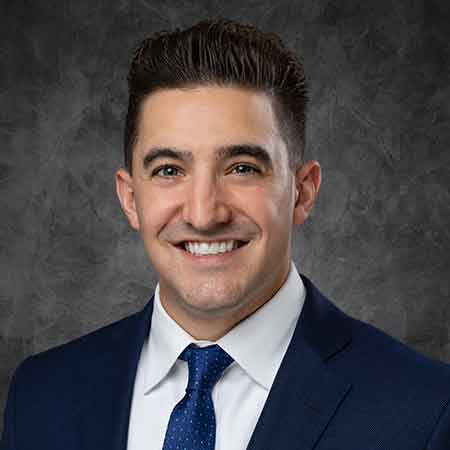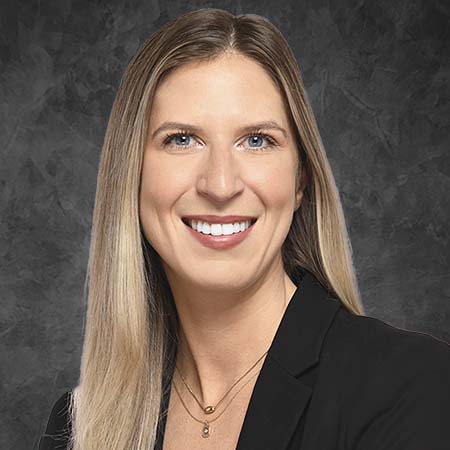We offer comprehensive wealth management through a family office-like structure, helping clients amplify and simplify their financial lives by bringing together financial planning, investment management, tax, estate, insurance, and more into one integrated offering. We look forward to connecting with you and your family.




Fort Collins
Stronger Together
Mercer Advisors understands the importance of joining forces with impressive local advisory firms. Together, we can provide clients with a greater breadth and depth of services and value—and, most importantly, keep our promises to them.
We’ve worked hard to retain some of the best aspects of a local boutique firm: white-glove service that comes from an intimate understanding of our clients’ families, lifestyles, situations, and needs. We combine this with the type of resources, specialized personnel, and risk mitigation of a national firm.

Fort Collins Offices Fast Facts & Specialties
- Specialized solutions for: Retirement planning, women business owners, multi-generational succession planning, concentrated stock options, divorce, and dependents with special needs, among others.
- Deep experience working with: C-suite professionals, engineers, technology leaders, entrepreneurs, physicians, and many other professions.
- We’re proud that nearly half of our client-facing team firm-wide are women.
Meet Our Talented Advisors
Our team is deeply embedded in the Fort Collins community and specializes in areas relevant to local residents.



